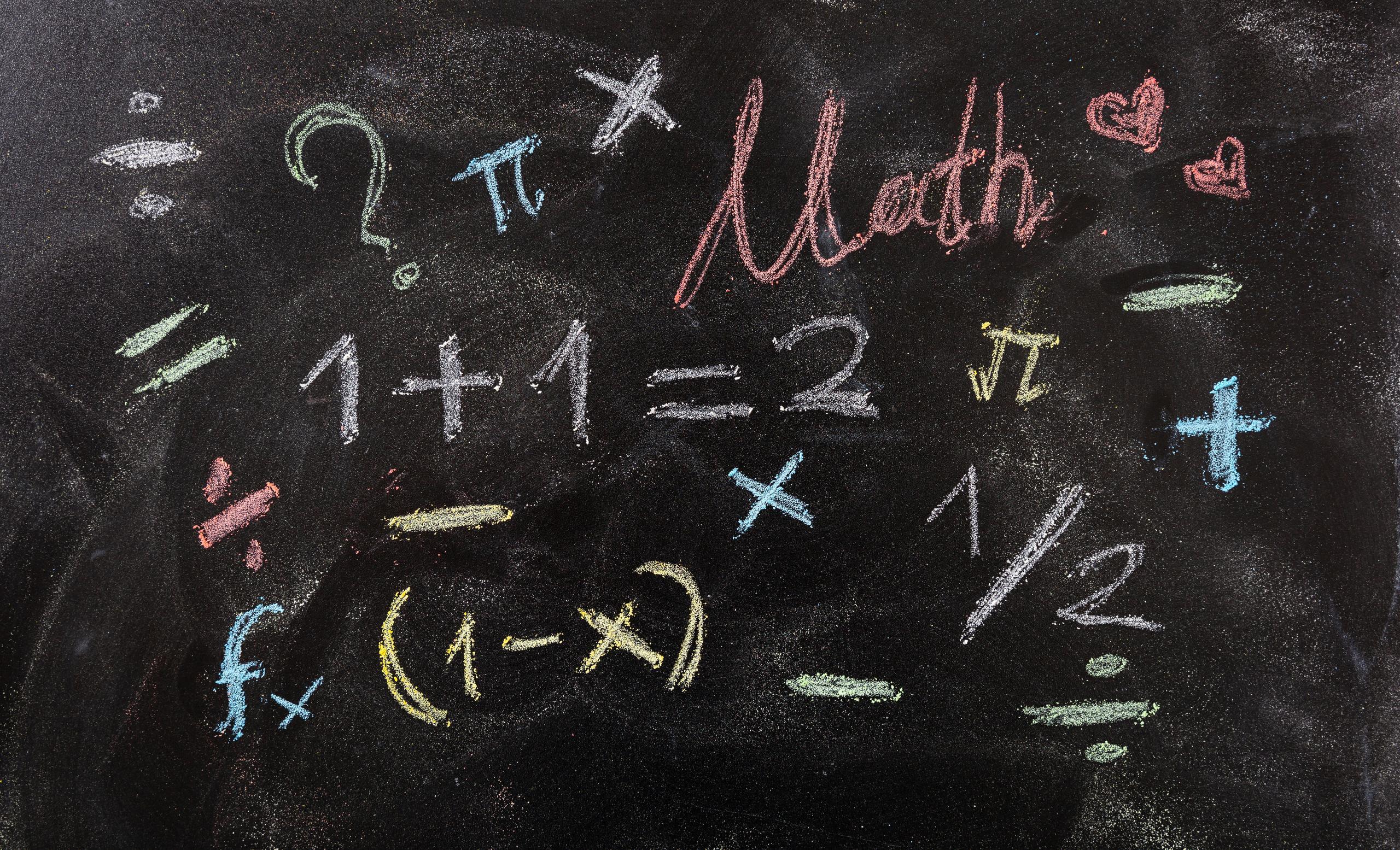What is Dyscalculia?
Dyscalculia is a learning difference that results in trouble with math. Those with dyscalculia may have difficulties learning basic math facts, solving math problems, or understanding math concepts.
Symptoms of Dyscalculia
Children and adults with dyscalculia may show signs such as:
- Difficulty solving math problems involving addition, subtraction, multiplication, or division
- Difficulty counting or estimating quantities
- Difficulty determining which number is larger or smaller
- Difficulty estimating time or distance
- Difficulty calculating percentages
- Difficulty counting change
- Difficulty managing finances or maintaining bookkeeping records
- Avoidance and/or anxiety around math related tasks.
What Causes Dyscalculia
Many learning differences are due to the unique structures and networks within our brains. Dyscalculia can be hereditary, meaning one or more family members may have had similar math difficulties.
Dyscalculia Evaluation Services by Minnesota Neuropsychology
At Minnesota Neuropsychology, we offer dyscalculia evaluations for both children and adults. Through evaluation, we can determine whether a diagnosis is appropriate, and help to make a plan for support and accommodations. Obtaining a diagnosis can help by providing clarity, confidence, and tools to move forward.
Call Us Today to Learn More About Dyscalculia Testing
To learn more about a dyscalculia assessment, reach out to us today. We’ll help to determine whether a diagnosis is appropriate and connect you with the best resources and intervention.

